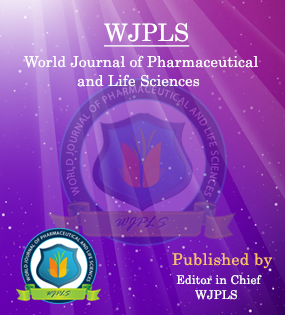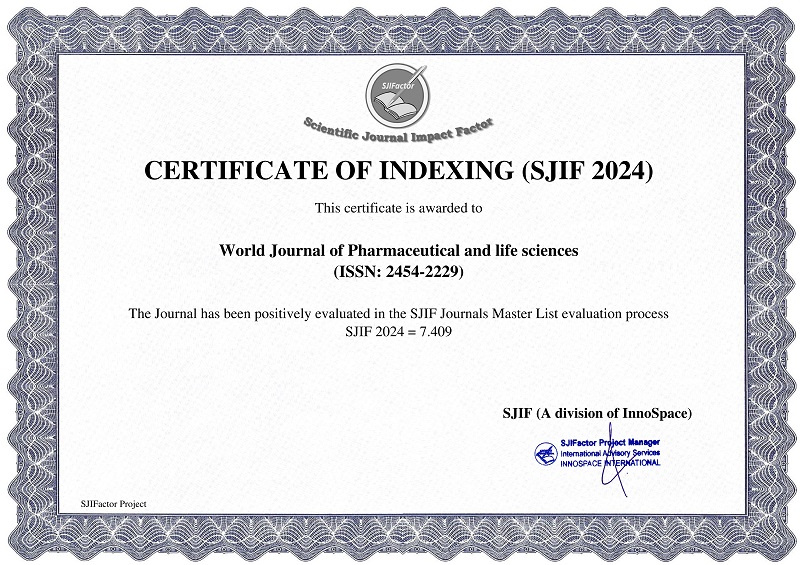Abstract
CHILD AND BRAIN BOTH ARE FIVE MEN ARMY TO NURTURE THE NATURE
*Kushal Nandi, Amrita Chakraborty, Dr. Dhrubo Jyoti Sen, Dr. Dhananjoy Saha and Angshul Saha
ABSTRACT
Developmental psychology is the scientific study of how and why human beings change over the course of their life. Originally concerned with infants and children, the field has expanded to include adolescence, adult development, aging, and the entire lifespan. Developmental psychologists aim to explain how thinking, feeling, and behaviors change throughout life. This field examines change across three major dimensions: physical development, cognitive development, and social emotional development. Within these three dimensions are a broad range of topics including motor skills, executive functions, moral understanding, language acquisition, social change, personality, emotional development, self-concept, and identity formation. Developmental psychology examines the influences of nature and nurture on the process of human development, and processes of change in context across time. Many researchers are interested in the interactions among personal characteristics, the individual's behavior, and environmental factors, including the social context and the built environment. Ongoing debates in regards to developmental psychology include biological essentialism vs. neuroplasticity and stages of development vs. dynamic systems of development. Developmental psychology involves a range of fields, such as educational psychology, child psychopathology, forensic developmental psychology, child development, cognitive psychology, ecological psychology, and cultural psychology. Every day kids are bombarded with messages, information, and images. Whether they are at school, online, or talking to their friends, they need to know how to evaluate what they are hearing and seeing in order to form their own opinions and beliefs. Critical thinking skills are the foundation of education as well as an important life skill. Without the ability to think critically, kids will struggle academically, especially as they get older. In fact, no matter what your child plans to do professionally someday, they will need to know how to think critically, solve problems, and make decisions. As a parent, it's important that you ensure that your kids can think for themselves and have developed a healthy critical mindset before they leave the nest. Doing so will help them succeed both academically and professionally as well as benefit their future relationships. Here is what you need to know about critical thinking, including how to teach your kids to be critical thinkers.
[Full Text Article] [Download Certificate]WJPLS CITATION 
| All | Since 2020 | |
| Citation | 590 | 424 |
| h-index | 12 | 10 |
| i10-index | 17 | 14 |
INDEXING
NEWS & UPDATION
BEST ARTICLE AWARDS
World Journal of Pharmaceutical and life sciences is giving Best Article Award in every Issue for Best Article and Issue Certificate of Appreciation to the Authors to promote research activity of scholar.
Best Article of current issue
Download Article : Click here





